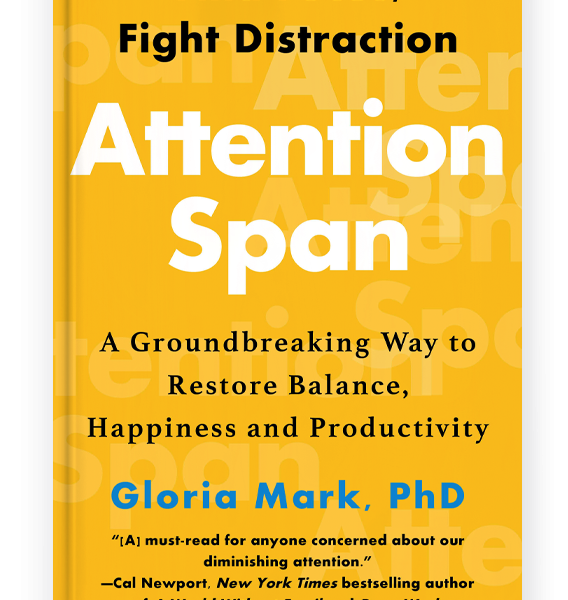
A million times, a million thoughts
No Distractions by Beck
With the rise in diagnosis of conditions such as ADHD (attention deficit hyperactivity disorder) I think we are all becoming more acutely aware that much of the time, in our fast moving world, we can feel distracted and unfocused. Of course, whilst these may be symptoms of ADHD, they do not mean we have ADHD. In fact, the experience described by Beck in No Distractions is a common to us all:
A million times, a million thoughts … they pull you to the left, they pull you to the right.
Scientists have demonstrated that allowing, and indeed planning, for our brain to be distracted can be really helpful. So, when we get drawn into playing Wordle when we are supposed to be working, and then get annoyed with ourselves for being so easily distracted, perhaps it is time to show ourselves a bit more kindness and understanding. Our brain can’t be hyper focused all the time and planned distraction can give it a rest. This rest can be in the form of play, daydreaming or anything which allows our concentration a rest.
Really, what is more important is not so much staying focused, but being able to return to focus after purposeful distraction. Beck muses:
And I really don’t know what I want.
Which highlights an important foundation of purposeful distraction and productive focus is knowing what we are trying to achieve in the first place.
Book of the week
Attention Span by Gloria Mark
If you find yourself frequently distracted, Attention Span will help you explore why our ability to be distracted is useful rather than a problem, and how we can best work with this feature of our brain function. Mark helpfully dispels a number of myths about concentration and sets all her work in the real life context of living in a digital age. A great read for anyone worried about their attention span.








-
-
1 year
Tagged broken compass, Choices, decisions, five bolt main, life compass